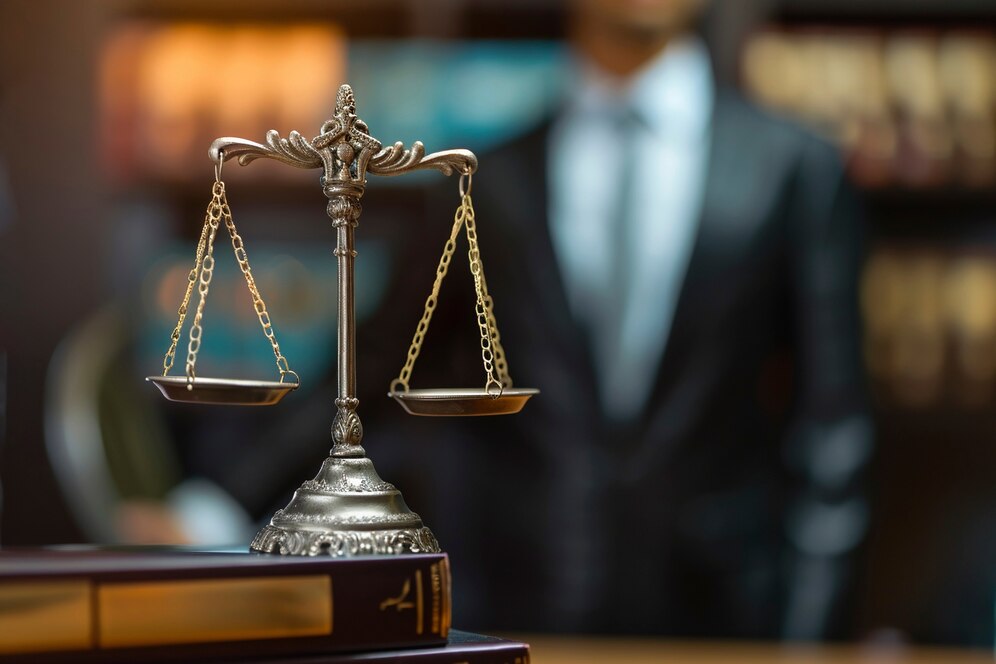One legal weapon used to protect people from assault, abuse, harassment, and threats is a protection order. Protective orders, which give victims legal protection from their abusers, are frequently utilised in Virginia in cases of domestic violence, stalking, and other types of harassment. The abuser's ability to get in touch with or approach the victim may be severely restricted by these restrictions. For people looking for protection in Virginia, it is crucial to comprehend the many kinds of protective orders and the application procedure.
The several kinds of protective orders that are available in Virginia, how to apply for one, and the legal ramifications of breaking one are all covered in this article.
Virginia's Protective Order Types
Three different kinds of protection orders are available under Virginia law, and their functions vary based on how serious and immediate the victim's threat is. These consist of:
Order for Emergency Protection (EPO)
- When there is an imminent danger, an Emergency Protective Order (EPO) is granted. On behalf of the victim, law enforcement officials frequently request an EPO, usually after a domestic abuse occurrence or other risky circumstances. EPOs are issued promptly to offer protection right away, and they can continue for up to 72 hours or until the victim is able to appear in court for a longer-term order.
- Key features of an EPO:
- Issued quickly in response to an emergency situation.
- Provides short-term protection for up to 72 hours.
- Can restrict the abuser from contacting or approaching the victim.
- Preliminary Protective Order (PPO)
- A Preliminary Protective Order (PPO) is the next step after an EPO or can be requested directly by the victim. A protective order virginia is issued after the victim files a petition and provides evidence that they are in immediate danger of further harm.
- The PPO can be granted without the abuser being present (ex parte) and usually lasts up to 15 days or until a full court hearing is held to determine if a more permanent order is necessary.
- Order of Permanent Protection Following a thorough court hearing in which the abuser and victim have a chance to state their cases, a Permanent Protective Order is granted. A permanent protective order that lasts up to two years may be issued if the court determines that the victim is still being threatened or harmed. If required, this kind of order may be prolonged or reissued. Longer-term protection and more extensive limitations on the abuser are provided by permanent protective orders.
2. How to Apply for a Virginia Protective Order
Depending on the kind of order required, there are multiple processes involved in obtaining a protection order in Virginia. Here is a broad overview of the procedure:
Making a Petition
The first step in requesting a protective order is to submit a petition to law enforcement or the local courtroom. Details regarding the abusive behaviour, such as particular instances of violence, threats, or harassment, must be provided by the victim. After reacting to an emergency, law enforcement may ask for the order on behalf of the victim in an EPO case.
Hearing in Court
The court may arrange a hearing to consider the evidence when a petition for a protective order is submitted. The abuser need not be present for the judge to issue a protective order virginia. Both the abuser and the victim will, however, have the chance to appear in court and give their arguments in order to get a permanent protective order.
Providing Proof
The victim should offer proof to support the petition, such as:
Police reports or incident documentation.
Medical records or photographs of injuries.
Witness testimony from individuals who observed the abuse.
Communication records, such as threatening messages or emails.
3. Repercussions for Breaking a Protective Order
Violating a protective order is a serious offence that carries legal repercussions in Virginia. An abuser may be arrested and charged with a crime if they break any of the order's rules, such as getting in touch with the victim or going into a restricted location. Depending on the situation, the following sanctions may be imposed for breaking a protection order:
Misdemeanour charges: A Class 1 misdemeanour, which carries a maximum sentence of 12 months in prison and a maximum fine of $2,500, is usually applied to a first-time infraction.
Felony charges: Violent or repeated infractions may result in felony charges, which carry harsher punishments, such as lengthier jail terms.
In addition to criminal penalties, violators may face restrictions on firearm possession, mandatory counseling, or extended protective orders.
4. The Value of Having Legal Counsel
Although it is possible to apply for a protective order virginia without legal counsel, it can be very beneficial to engage with a Virginia protective order attorney. A lawyer can help victims collect evidence, represent them in court, and help them navigate the legal system. Having legal counsel guarantees that the victim's rights are completely upheld and that the protection order is correctly implemented.
Filing for and executing a protective order can be complicated for victims of abuse or harassment who are not familiar with the legal system. A skilled attorney can help the victim get the protection they require as soon as possible by streamlining and reducing the stress of the process.
In conclusion
In Virginia, protective orders are essential legal instruments for defending people against threats, abuse, or harassment. The court system provides victims with both immediate and long-term protection, regardless of whether they are seeking an Emergency Protective Order, Preliminary Protective Order, or Permanent Protective Order. Anyone in need of legal protection must be aware of the several kinds of protective orders, how to get one, and the legal repercussions of violating them. Seeking assistance from law enforcement or a skilled protective order attorney can provide safety and peace of mind if you or someone you know is in danger.





Comments